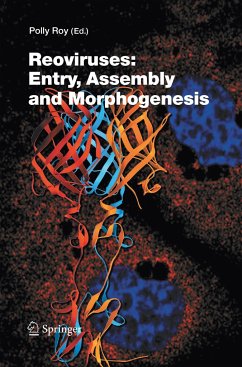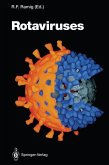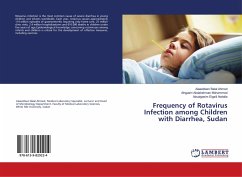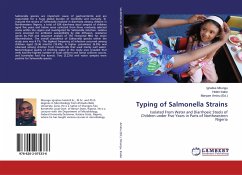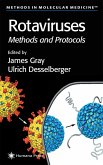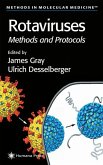Mammalian reovirus had been the major focus for molecular understanding of the Reoviridae and has served as a model system for the other members of the family. Indeed, most of our initial understanding of molecular biology and processes involved in virus replication and pathogenesis for the members of the family was generated from reovirus studies. With this platform two other members of the family causing disease in human and/or animals have gained in prominence and the molecular interactions from a structural level through to host-virus interactions as well as the function of the structural and non-structural proteins in the virus life cycle has been investigated in detail.
This book reviews our current understanding of Reoviridae entry, disassembly/assembly and egress in addition to updating high resolution structures of virus proteins and capsids from three different genera of the family.
This book reviews our current understanding of Reoviridae entry, disassembly/assembly and egress in addition to updating high resolution structures of virus proteins and capsids from three different genera of the family.
From the reviews:
"This volume contains nine reviews of various aspects of ... the most studied members of the Reoviridae infecting mammalian and avian species. The reviews are for the most part conventional, authoritative and up-to-date accounts from major labs currently working in this area that will be of value to the cognoscenti working in the field and provide useful summaries for those studying other virus systems." (Malcolm McCrae, Microbiology Today, May, 2008)
"This volume contains nine reviews of various aspects of ... the most studied members of the Reoviridae infecting mammalian and avian species. The reviews are for the most part conventional, authoritative and up-to-date accounts from major labs currently working in this area that will be of value to the cognoscenti working in the field and provide useful summaries for those studying other virus systems." (Malcolm McCrae, Microbiology Today, May, 2008)

